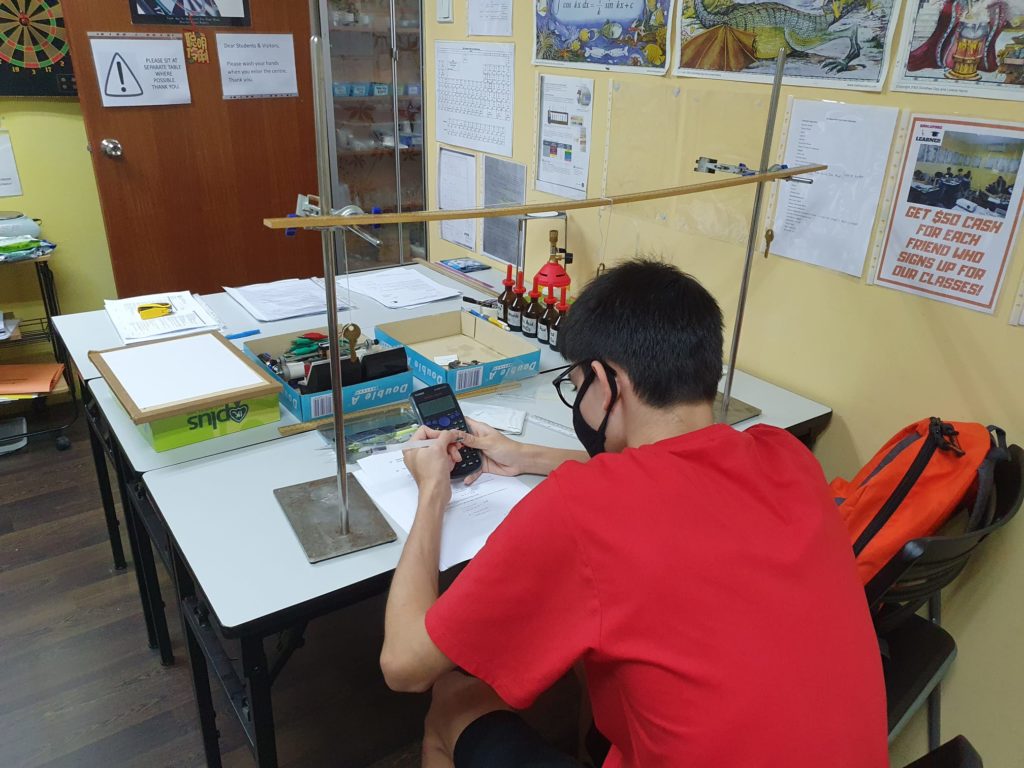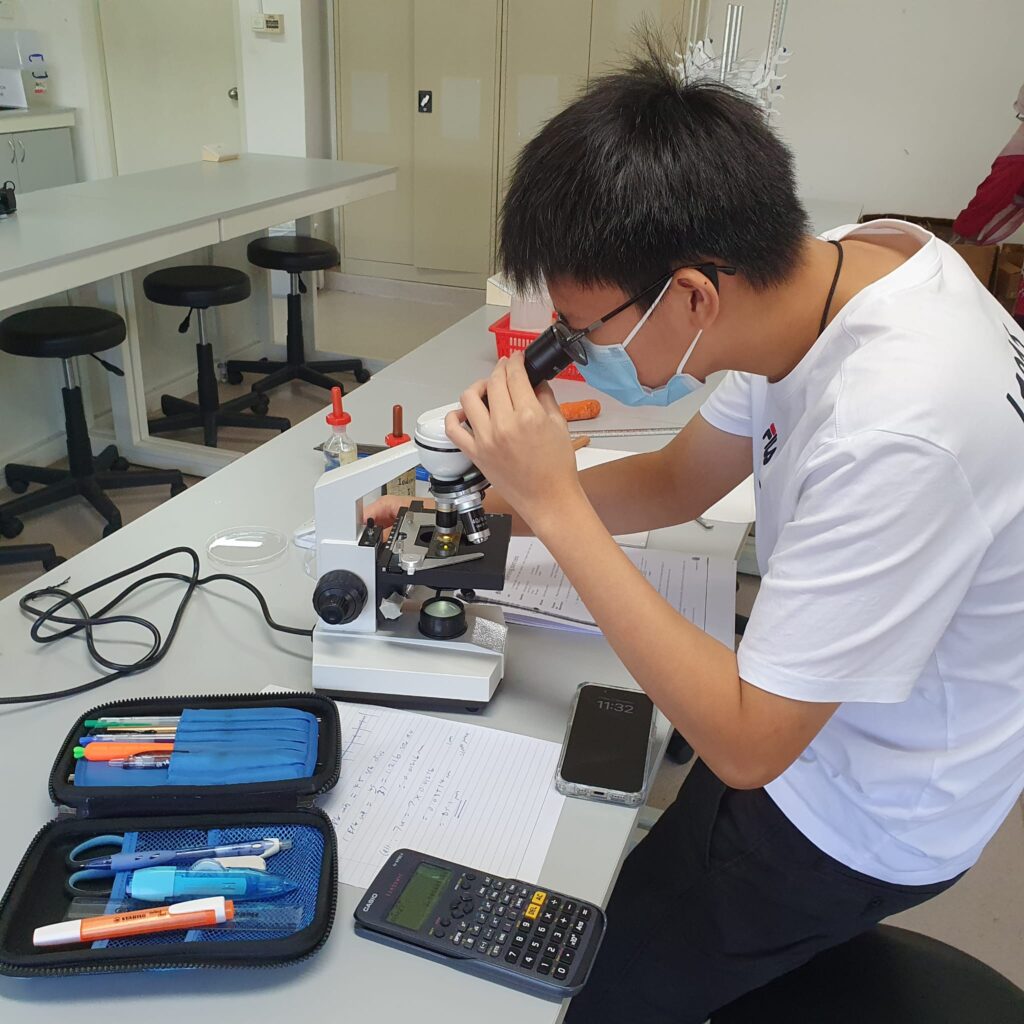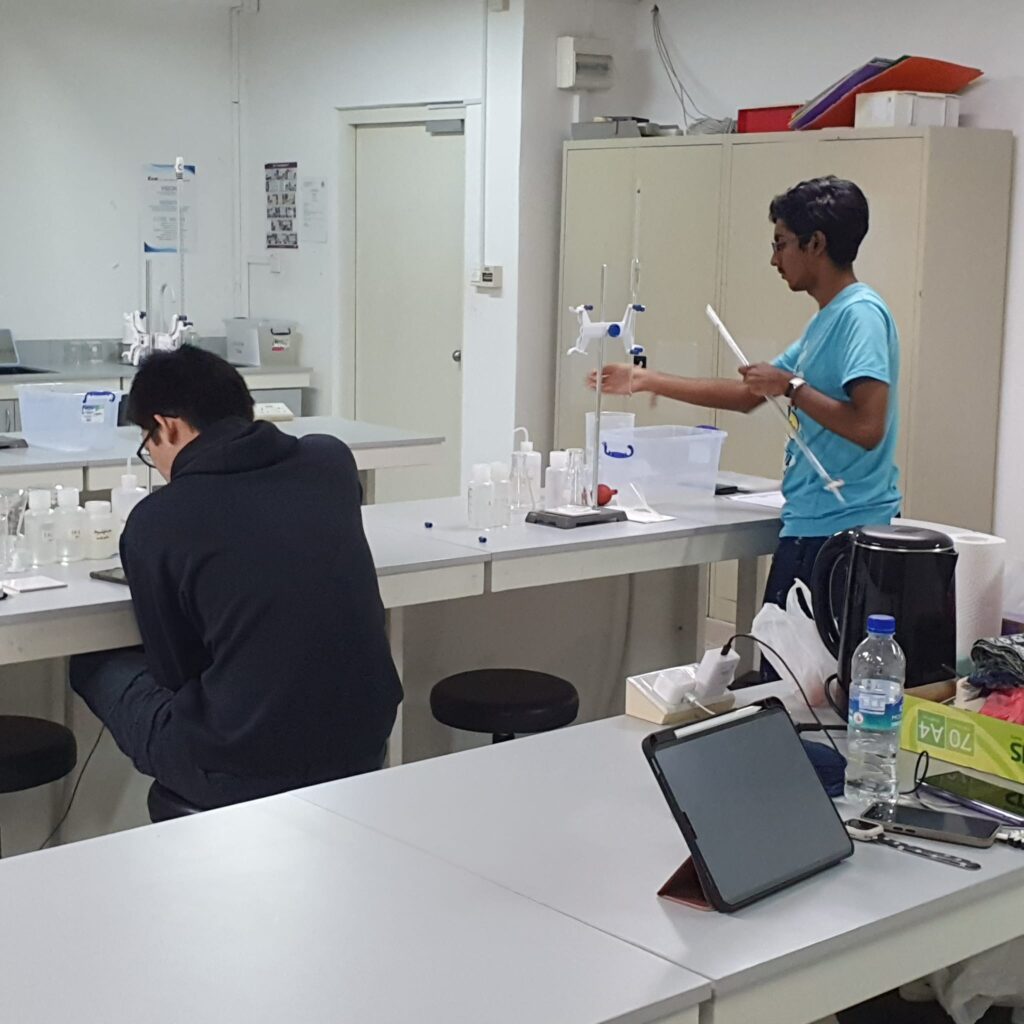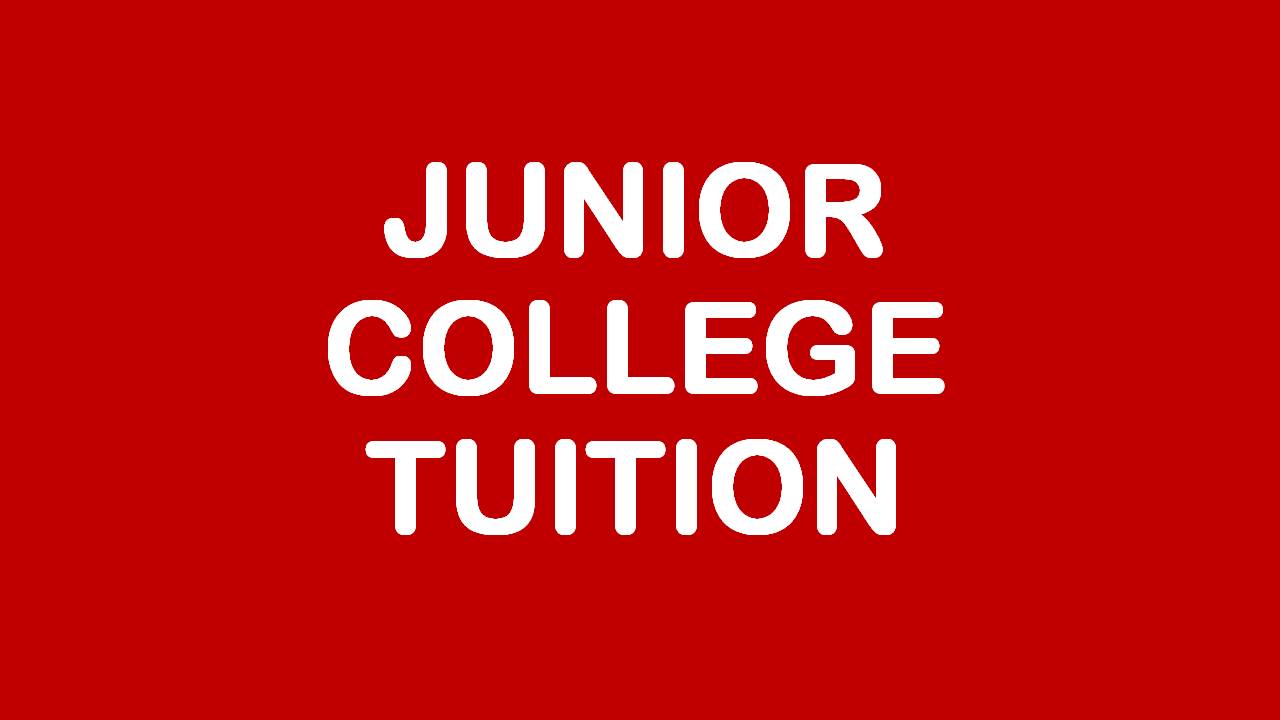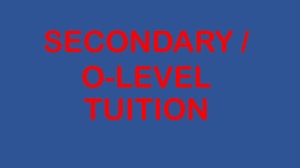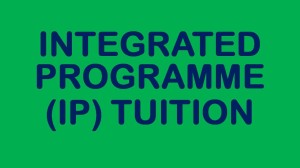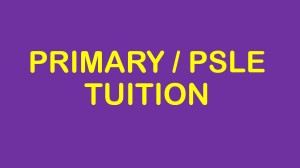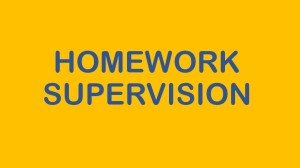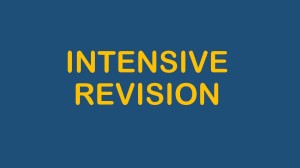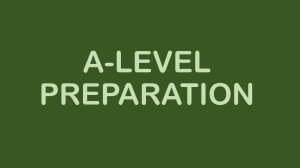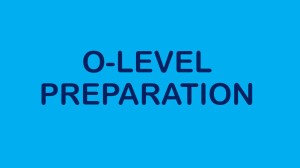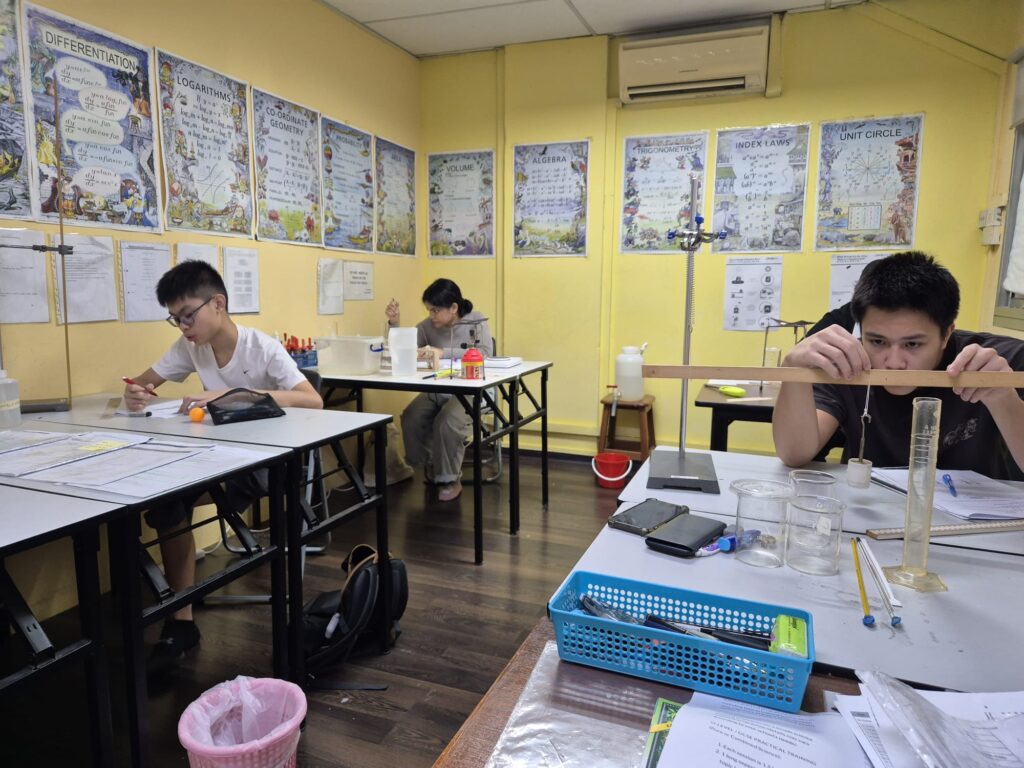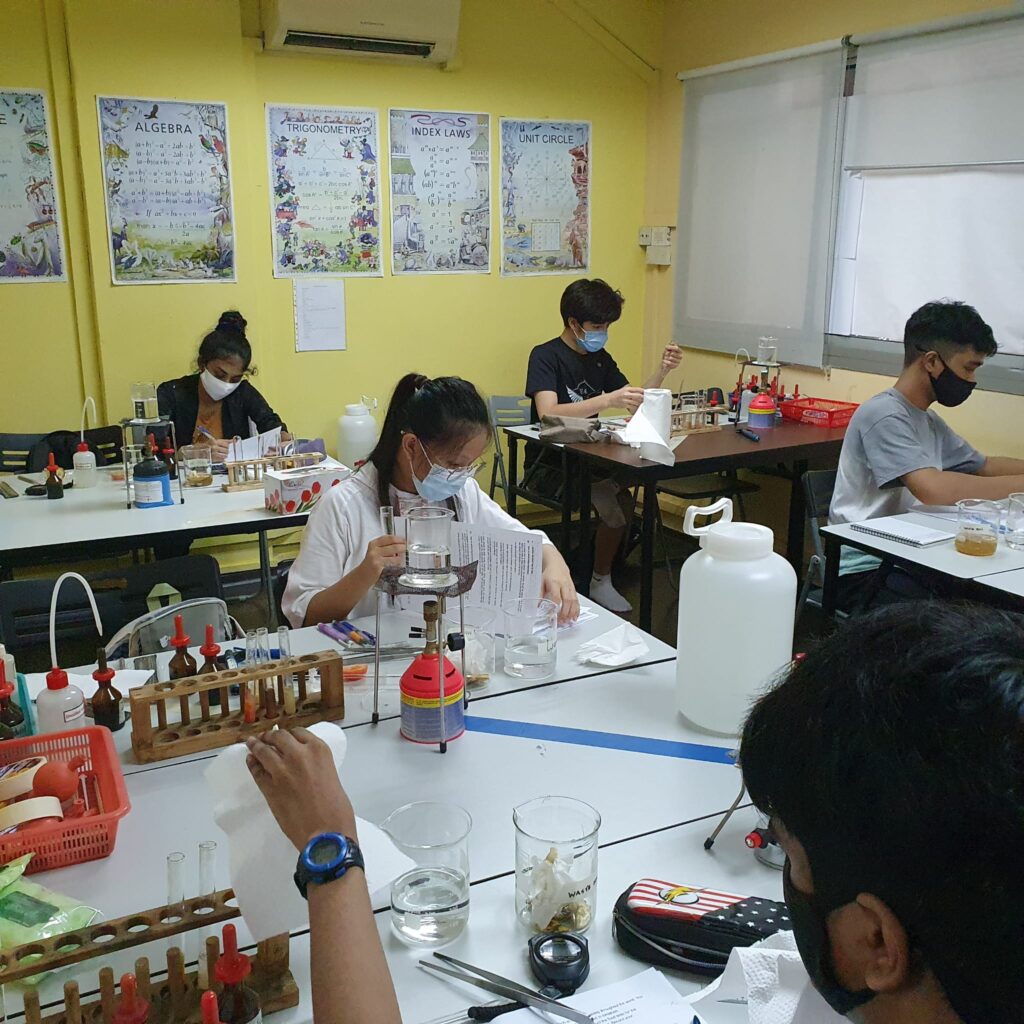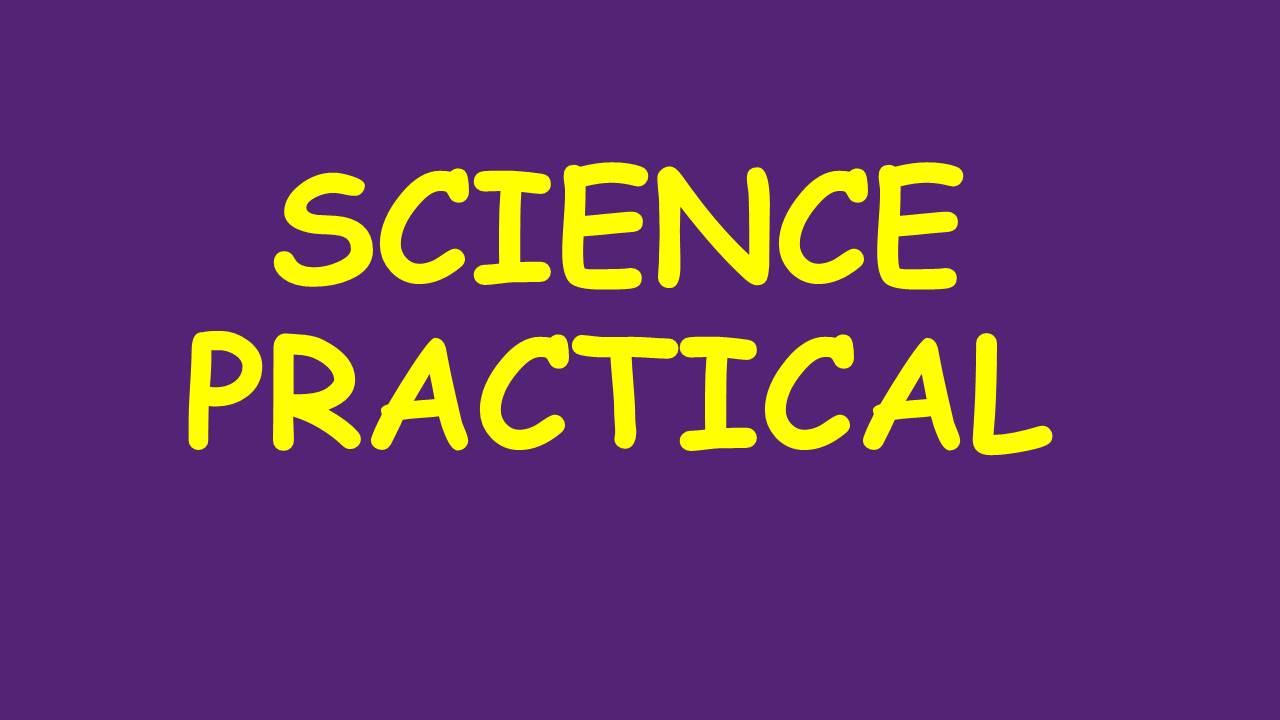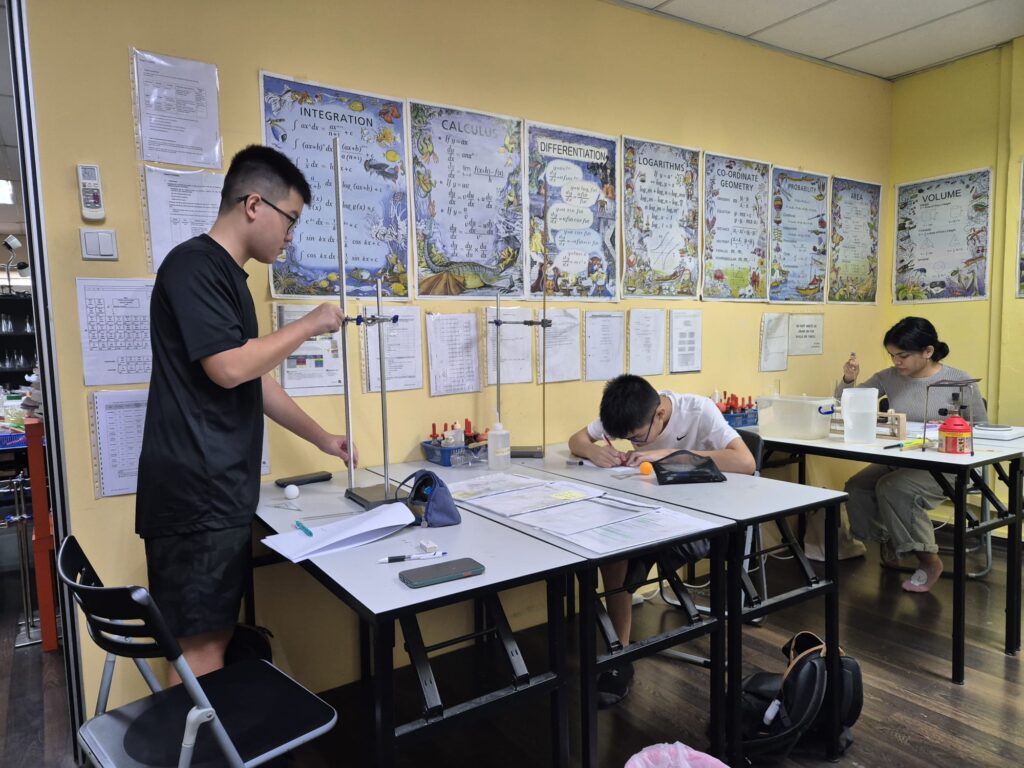Dates: Mon 2/12, Tue 3/12, and Wed 4/12 (three 3 hr sessions)
Time: 2pm – 5pm
Location: Online via Zoom or Blk 644, Bukit Batok Central, #01-68. S(650644).
Focus: CONCEPTUAL UNDERSTANDING & APPLICATION OF SKILLS
Format: Teaching + Worksheets + Discussions
Target Group: Current S3 students who obtained a grade of B4 or lower in their Sec 3 Pure Physics SA2/EOY/Final Exam.
Topics:
- KINEMATICS
- FORCES, PRESSURE AND MOMENTS
- ENERGY, WORK, POWER
- HEAT (TEMPERATURE, THERMAL PROPERTIES, TRANSFER OF THERMAL ENERGY)
- LIGHT AND GENERAL WAVE PROPERTIES
Fee: $360 for all 3 sessions.
$30 registration fee.
TO REGISTER, SMS <STUDENT NAME> , <S3PRR> TO 97860411.
Background of Tutor:
The tutor is a RI & RJC alumnus and a NIE-trained graduate (NUS) ex-teacher who has been teaching Physics for more than 12 years.
To register, sms <Student Name><S3PRL> to 97860411.
For any queries, you may also talk directly to the tutor at 97860411.
If instead you are looking for SEC 4 HEAD START programs, click on the link below:
HEAD START PROGRAMS (NOV-DEC)
SCIENCE PRACTICALS:
O-LEVEL PRACTICALS
IGCSE PRACTICALS
INTEGRATED PROGRAMME (IP) PRACTICALS
SEC 3 PRACTICALS
Bridging the gap from AL2-3 to AL1 in P6 Science
Many parents of academically gifted children are often perplexed by their inability to secure an A* for Science, especially if their child is already doing exceedingly well in other subjects such as Mathematics, which also requires higher order thinking. Based on my experience from training such students, as well as my personal experience, I can offer some insight into this matter.
1) Primary level Science, unlike Mathematics, follow a strict marking scheme with a range of keywords. Mathematics on the other hand, accept a wide array of solving techniques, even if they are of a more advanced nature. (i.e. using simultaneous equations to solve problem sums is a valid technique, even if it involves competencies which are taught in Lower Secondary maths) A strong Maths student at P6 may find themselves knowledgable on Science, but unable to be a high achiever because their phrasing is not within the acceptable parameters of the P6 Examination. A very knowledgable student in Science can still fail to get A* if they do not use the correct terminology. Drilling of keywords is necessary, but can be memory intensive and inefficient. It is important to teach them that there are a set of keywords instead of just one acceptable answer, so their thinking is nimble, and able to adapt to different questions. It is also less taxing on their memory.
2) Carelessness in MCQ. Even after the changes to MCQ section, moving from 30 questions to 28 questions, the MCQ still forms the bulk of the grades in the PSLE. Securing near full marks in MCQ is vital to securing A*. As a parent, you must understand that almost every year without fail, there will be an extremely challenging or creative section B question which most students cannot handle. In order to hedge against the scenario that your child might be unable to get the question right, you must have near perfect MCQ grades. That marginal difference in MCQ means that carelessness cannot be tolerated, and MCQ techniques or skills have to be properly taught to them, and it has to be taught early. Last minute preparation will not serve you well.
3) Overanswering in section B may cost you more than you think. Parents, students, or even some teachers, may have the mentality that overanswering is the way to go, and better be safe than sorry. This tactic will not serve you well if you are aiming for A*. Overwriting often leads to less time allocated to reading long questions and understanding complex diagrams. This is costly as the students might find themselves misinterpreting the question and going out of point. It is much more efficient to learn how to interpret certain prompts(state, explain, describe) in the questions and answer accordingly. (i.e. not all 2 marks questions must have lengthy answer, and not all 1 mark questions are that straightforward. The specific wording used in the question will determine the depth of your answer)
4) Last but not least, a healthy interest in the pursuit of Science is important. A driven and motivated child will be well read, and in turn, that makes the child very resilient to challenging questions which involve scenarios that test heavily on external knowledge. It is not surprising that many of my students who eventually made it into specialist science schools (SST, NUS High) have a deep interest in the sciences, and are very well read or engaged(perhaps even more knowledgable than myself in certain aspects, which is a very impressive feat). Providing them with an environment which encourages the pursuit of science beyond grades alone, will actually improve their grades in the long run.
Integrated Programme subject combination and promotion criteria
Q: Is triple Science good?
A: Triple Science gives you options, as you are still young and have time to figure out which discipline of science they are more interested in. Triple Science is a premium in certain IP schools and will only accept students of a high GPA. Many triple science students are in the course because they enjoy the pursuit of a challenging, all rounded science syllabus. If you know what you want, it’s fine to just take two sciences as well. There are no “bad choices”, subject combination should be selected based on talent and passion. Remember that triple science is not a must have, it is an avenue for the student to take on an additional challenge in their academic life.
Q: What is the safest combination?
A: Physics, Chemistry, Mathematics and any humanities of your own choosing at Y3. PCME(physics, chemistry, mathematics and econs) at Y5. This combination caters to almost all jobs that IP students are traditionally interested in pursuing in Singapore (medicine, law, finance, consulting, accountancy, engineering, research etc)
Q: What if I am forced to take 3H2 at Y5, will that affect me badly?
A: Many 3H2 students I know from IP schools eventually go on to do very well post graduation, don’t let it affect your confidence. Study properly for your promos, prelims and A-level and do yourself and the school proud.
Q: Will I be retained?
A: Schools enforce a certain GPA for promotion criteria for Y1-Y4, 3.0 is usually a good gauge. However, 2.5 – 2.9 usually qualifies the student for conditional promotion. Anything else would be a case by case basis, but safe to say that if you fall short of 2.0GPA, chances are slim. At Y5 you typically need a few H2 passes. Your conduct and recommendation from teachers will also affect promotion criteria, so please be cordial and respectful to your teachers who work so hard to educate you. In the off chance that you are retained, take it as an opportunity to prove yourself again.
Q: Can I take H1 instead of H2 Math at Y5 and Y6 and still qualify for good university courses?
A: H2 MATH is NOT a pre-requisite for MOST courses in NUS and NTU, our highly-ranked world-class universities. This makes perfect sense. Why? You see, two large and difficult topics in H2 Math are Vectors and Complex Numbers. Non-engineers don’t need to know these topics, and many other topics in H2 Math.
Believe it or not, WITHOUT H2 MATH, you can still enrol in the following courses in NUS and NTU:
ACCOUNTANCY, BUSINESS ADMIN, BUSINESS, ARTS & SOCIAL SCIENCES, SCIENCE, COMPUTING, DENTISTRY, MEDICINE, NURSING, PHARMACY, LAW, ARCHITECTURE, PROJECT & FACILITIES MANAGEMENT, REAL ESTATE, INDUSTRIAL DESIGN, ENVIRONMENTAL STUDIES, MARITIME STUDIES, BIOLOGICAL SCIENCES, SPORTS SCIENCE & MANAGEMENT.
This post is compiled by the IP tutoring team at Singapore Learner, based on our personal experience studying in an IP school or teaching in an IP school.
For IP tuition,do contact Admin Staff at 88765498 (Whatapps).
IP INDIVIDUAL TUITION (1-1) (click here)
What to do if you are failing in Integrated Programme?
Throughout the years, be it from my personal experience in the Integrated Programme system, or from the many IP students under my wing and those who come for free consultations, I have encountered all the different types of IP students. But one problem still bugs me, and that problem is this:
If you are a student who is failing in the IP system, what should you do? Besides investing heavily in tuition, here are some steps you can take in order to troubleshoot your problems.
- Am I working hard enough? That is the most basic question you have to ask yourself. The IP system is meant to be more challenging. Putting in little effort in your studies is just shortchanging yourself. As an IP student, you need to develop the mentality of working harder and being more proactive in your studies. So for those of you who have been slacking off, work harder and don’t give up! You are in the IP system for a reason, with enough work you will catch up and pull through. Practice some delayed gratification, put aside your playthings and put in the work. You will be surprised at what you can do once you put in more effort.
- I worked hard but failed, and now I feel really bad, what should I do? First of all, working hard alone doesn’t guarantee success, especially if you have been going in the wrong direction. Seek help from your school teachers first! The IP teachers I know are very caring, and they do their best to help you if you were to meet them halfway. Schedule a consultation with your teachers in the library to clarify all your doubts. It is likely that you have a deep conceptual error in the subject that went unaddressed, or you cannot understand the objectives of the exam questions. Your teachers will be able to help you with those problems as they are the experts. With their guidance, you should be able to do well. Never be shy in asking questions, especially when you are struggling. Many students before you have struggled as well, but with the help of their teachers, they have done very well for themselves eventually. Don’t give up!
- I have worked hard, sought help from my teachers, and it doesn’t seem to be working, what do I do now? Usually, this problem occurs when a student has taken the wrong subject combination. Students can take a combination because they have more friends in the same class, only to realize they do not have the aptitude for the subject or have no interest in the subject. If that happens, seek advice from your teacher in order to change your subject combination to something that suits you more. It is a drastic change, but it is necessary if you have exhausted all means and do not see a way out. If you have taken too many subjects, you might want to consider dropping one as you cannot handle the workload. Additionally, if the level as a whole is not doing well in certain subjects due to a sudden increase difficulty, there will be steps taken in order to moderate the scores. As long as you show good effort and attitude, you will eventually pass.
- I don’t see the point of all of this system, and I had enough. What else is there to do? At this point as a student, you might feel helpless because you have encountered certain emotional problems, and are struggling in a competitive system. Please seek help from your school counselor and address your emotional issues. It is equally important to take care of your mental well being besides your studies. Having a healthy mindset will put you back on the right path to success.
Every year, there will be IP students who are failing, have failed/retained, or have stopped attending school altogether. This is a matter that is close to my heart, as I have had good friends who struggled through such tough times. But I have also seen them rise above the occasion and bounce back. If you require a consultation about your options, or maybe even just a listening ear, please Whatapps Admin Staff to schedule a free consultation at 88765498. Do not despair, keep your chin up, and I wish you all the best in your studies.
IP Y1-Y4 SCIENCE PRACTICALS
What happens at the end of Y4 IP?
After your final exam in Y4 IP, you will be streamed into different classes for Y5 and Y6 based on your competencies and Y4 subject combination. As a parent or student, you might ask, what options are made available to me? The following few paragraphs will illustrate to you the paths you can take from Y5 onwards.
Y5 follows the Junior College system, which grades subjects based on H1 and H2. In Y5, you are required to take the following, H1 General Paper, H1 project work, H1 Higher Mother Tongue (most students are exempted as long as they have passed higher mother tongue in O level), and last but not least, to decide on the 3H2,1H1 or the 4H2 combination.
What is the significance of 3H2, 1H1 versus 4H2? A subject taken at the H2 level is deeper as compared to taking it at the H1 level, and it also bears a more significant weight when it comes to calculation of rank points. IP students who wish to take the 4H2 combination would also typically have to maintain a 3.0GPA in most schools for Y4. Otherwise, you will have to take the 3H2, 1H1 combination.
What is the purpose of taking 4H2 then if it gives more workload? Typically, students taking the 4H2 combination would have a wider variety of H2 subjects to choose from, which will give them more choices in University. Some courses, such as Chemical Engineering, require the student to take H2 chemistry at Alevel as a pre-requisite. If a student has not taken chemistry as he has taken H2 physics, H2 Math and H2 Econs, they will not be allowed to make the choice of taking such a course at University and would have to settle for other courses such as mechanical engineering, as compared to a student who has taken the 4H2 combination such as H2 Physics, H2 Math, H2 Chem and H2 Econs, who can take almost all engineering courses. 4H2 combination also typically opens more doors to scholarships, and certain courses such as medicine would also require students to take 4H2.
So is taking 3H2,H1 bad? Not necessarily. By taking that combination, an IP student would have more time to focus on all of their subjects, and eventually even perform better than their peers at Alevels. Students who are very sure of their path in University and want to forgo the stress of handling 4H2s can opt for the 3H2, H1 plan as well. This leaves more time to attend to extra-curricular activities and also other actvities such as learning programming or other important skills that are valued in the workforce. The student can still stream into popular courses such as computer science, engineering, and sciences with only 3H2s.
If you have failed the promotional exams and feel very lost, please schedule a consultation with us ASAP.
Tips on how to Excel in Integrated Programme
The challenges of the Integrated Programme may be overwhelming for many of us, especially for those of us who are not well informed about the expectations that the school has for the students. This is a guideline on the mindset you must have, and steps you can take to excel in the IP system.
- Humble yourself
For many students who have entered the IP system, you would have scored at least 250 cut off points and above, making you the top 10% of the P6 cohort. Most students of your calibre would also have been top students in your individual primary schools, enjoying years of praise and accolades bestowed upon you by teachers and parents alike. In IP schools however, you are a dime a dozen, and the “miracle” that you pulled off in PSLE may not work as well as you think it will from Y1 onwards. Secondary school education is about discipline and practice, unlike PSLE questions. Humble yourself and be open to learning new things, as well as consulting your teachers and even your peers. You are in a new world now, with many people who may be more academically gifted than you. Seek help whenever necessary and keep an open mind.
- Be proactive
Learning never ends in the IP system. Unlike Express stream, some IP schools may not have an official textbook or guideline to follow, and teachers use their personal notes and base their syllabus off their own judgment. Being proactive allows you to anticipate such challenges and prepare for them before it becomes disastrous. Consult your seniors, and read deeply into topics that are taught. You will not find a guide in the O-level texts, but you can use them for practice before you are taught that certain topic. The school expects you to learn ahead, and you might be surprised to find that many of your peers are doing so during the holidays. Be proactive and don’t idle away your time.
- Learn smart
I have lost count of the amount of students I have seen struggle with the IP system because they hold on to the idea of rote learning and memorization. Unless you have a photographic memory, memorization will not serve you well. On the contrary, it will sabotage your grades. The IP system is about critical thinking, and often poses open ended questions. However, you can spot certain trends, and work more on such problems in anticipation of them coming out in exams. Learn what’s on your formula sheet, and only remember equations that are not on it. Take note of what teachers emphasize on during lessons and tutorials. Don’t blindly memorize, instead, link the information to each other and understand how they interact. Make efficient cheat sheets and short notes on your own. Another pro tip, the IP syllabus typically likes to omit or test less of what is not in the A-levels, so you might want to proceed with that in mind.
- Plan ahead
Plan your time well, and do not procrastinate. Attend to your assignments, homework and project work immediately as you might not get the chance to do so. This is because there can be events such as SYF, bringing about extra CCA sessions, leaving you drained and tired. Teachers can suddenly assign new projects or heavy workloads without coordinating with one another. Surprise quizzes may be conducted. There is a reason for this, and it is to prepare you to be a leader in a volatile working world. Plan ahead, do not procrastinate, and put in a consistent effort every single day. Remember, your score is determined over the year, not on one single exam.
Lastly, try to have fun in school. There are many great opportunities for you to take part in and show your leadership skills, but at the same time, you can make many great lifelong friends. Even as a working adult, I still keep in close contact with most of my friends from IP, and we are still inspiring each other to improve and grow together.
JC / Poly Talk after release of O-Level Results 2015
LATEST! : Free Talk on JC SUBJECT COMBINATIONS Sat 31 Jan 6pm
———————————————————————————————————–
We regret to inform you that due to overwhelming response, REGISTRATION FOR THIS TALK IS NOW CLOSED. However, you may wish to attend another free talk on JC SUBJECT COMBINATIONS on Sat 31st Jan 2015, 6pm – 7.30pm. By then you would have received your JC posting and you may need more information on the various A-level subjects.
You can REGISTER for the JC SUBJECTS TALK by sending your <NAME><“TALK31JAN”><No. of people coming> via SMS to 97860411.
Free Talk on JC SUBJECT COMBINATIONS Sat 31 Jan 6pm
Thank you and Best Regards.
———————————————————————————————————–
Dear Post-O-Level Students.
If you currently have the following Questions:
(1) Should I go JC or Poly?
(2) Which subject combination to take in JC? What is H2 or H1? Take 4 H2s or 3 H2s?
(3) How to survive JC1 and Promos? How to prepare for A-levels?
(4) How different is General Paper from O-Level English? Is it important to take Economics?
(5) What is the difference between H2 and H1 Math? How different is H2 Math from A. Math?
(6) Is H2 Chemistry very difficult compared to O-Level Chemistry? How about H2 Physics?
then you are highly encouraged to ATTEND our specially prepared TALK on JC / Poly matters on Wed 14 Jan at 8pm. ADMISSION IS FREE.
Details as follows.
Date: WED, 14 JAN 2015
Time: 8.00 pm – 9.30 pm
Venue: BLK 644, BUKIT BATOK CENTRAL, #01-68, S(650644).
(Our location is just a 3-min walk from either the Bukit Batok MRT station or the Bukit Batok Bus Interchange. Buses that stop along the roads surrounding our location are numbers 157, 178, 66, 506, 173, 174, 176, 187, 985. Buses services which terminate at Bukit Batok Bus Interchange are 61, 77, 106, 173, 177, 189, 852, 941, 945, 947)
Our experienced JC Tutors as well as two current JC lecturers will be there to answer your queries.
You can REGISTER for the talk by sending your <NAME><“TALK14JAN”><No. of people coming> via SMS to 97860411.
For any queries, don’t hesitate to call 65694897 or 97860411. THANK YOU!
_______________________________________
TUITION CLASSES:
_______________________________________________________________
EDUCATIONAL SERVICES:
______________________________________________________________
By EX-MOE TEACHERS & EXPERIENCED TUTORS
@ BLK 644, BUKIT BATOK CENTRAL, #01-68. S(650644).
CALL 65694897 OR SMS 98530744 OR 97860411.
What to do if your O-Level results are bad ….
IMPORTANT INFORMATION FOR PRIVATE CANDIDATES
The registration for ‘A’ and ‘O’ Level exams as a private candidate usually opens around mid-April (Please check SEAB website) and closes before mid-May. If you are registering for a Science subject (Physics, Chemistry, Biology or Combined Sciences), at the time of registration, you will be asked whether you have done any science practical training in any school, centre, or institute. Thus you must begin your science practical training before April. Science practical training in Singapore Learner qualifies as practical training for the purpose of registration for Science subjects for the ‘A’ and ‘O’ level exams.
Thus if you are considering Singapore Learner as your science practical training provider, you must register with us and complete at least 4 practical sessions for each subject by 31st April for us to certify that you have attended science practical training. As students usually do about 10 practical sessions per subject to be competent in practicals, the rest of the lab sessions can be done from May to early October, including the prelim/mock practical exams.
To proceed, please click on the following:
O-LEVEL PRACTICALS
SCIENCE ACADEMY (Theory & Practical)
What I mean by bad O-level results is that you neither qualify for JC nor Poly. And like I’ve said elsewhere, it’s ok if you cried at first, because chances are, you are below 21 and legally, you are still a child (I had a 43 yr old O-Level student once though). But let your sadness be for just one day, and no more after that. The past is over. You cannot change it, but you can still influence your future.
What to do (and what not to do) if your O-level results are bad:
(1) Do not blame others. The first step in making any kind of improvement to yourself is not to blame your teachers, your tutors, your textbooks and certainly not your pet who once chewed up your homework (or so you claimed). Blame yourself. It was YOUR show. Only YOU can fail your self and only YOU can make your self succeed. Got it? Thank you.
(2) Reflect on yourself. What went wrong – your lack of revision, your poor time-management, your addiction to computer games etc.?
(3) Search and find your true self. What are your real interests? What is your passion? Maybe you are not the type to just sit still and study? Maybe you have real talent in Music or the Arts instead?
(4) Plan your next course of action. What can you do with poor O-level results? Here are some options:
(a) Redo your O-levels. If you are below a certain age (check with the MOE), you can redo it in your sec school; you’d still need the right environment and the support. But if you dislike the teachers in your former school, then you either self-study (but don’t forget to register for the O-levels), get tuition, or enrol yourself in a private school or a private education programme, such as the Science Academy. But re-taking O-levels will not bear fruit unless you do steps (2) and (3) above properly; if you continue your bad habits and bad strategies or you simply did not like the subjects you were taking, it’d be very hard for you to be self-disciplined and to maintain focus. You don’t get different results by doing the same things the same way over and over again (in fact, Einstein called that kind of expectation, “insanity”).
(b) Apply to the ITE. No, it’s not The End. But what course to do at the ITE? Don’t go to the ITE with the aim of working for someone later in life. Instead, go to the ITE in order to pick up a skill that will allow you to set up your own business. So what technical skills are good for business? What can you find in all homes and buildings that no ordinary person can install or repair? I can think of three: air-cons, electrical wiring and water pipes. In fact, you need a license from the government in order to do electrical wiring or plumbing work. Some day, you can become the owner or managing director of an electrical or plumbing company. Or you can migrate to Europe, America or Australia which are all in need of skilled personnel, instead of university graduates. And talking about skilled work or migration, don’t ignore nursing as a career. The thing is, don’t be lazy. And have some courage.
(c) If you are very very talented in some sport, music or the arts, apply to a school catering to such talent whether local or overseas (which might be more forgiving of your past). Or try to catch attention by posting a video of your gig on Youtube. Ask Bieber and Psy what happened to them. And some day, Jack Neo might come looking for you …. The thing is, don’t be lazy. And have some courage.
(d) Work first to get some experience of what you like doing. It would be good if you can be an apprentice in some place where there is skilled work, such as in a spectacle shop, watch shop, jewellery shop, air-con repair shop, bakery etc.
(e) If you are eligible for NS, do NS. Who knows, you might actually like working in the armed services, where food, clothing and accommodation (and even car park lots) are provided free. Before you think I’m crazy, why not you add up the total of cost of food, clothing and accommodation for some 30 years of work!
(f) Set up a business. No, you are not too young to set up a business. In fact, you can be a millionaire by the time you are 21. Do an online, e-commerce business, or simply a popular website that companies are dying to advertise in. The thing is, don’t be lazy. And have some courage.
(g) Apply to do a diploma or even a degree in a private school here, such as SIM. However, such a diploma or degree may not be recognised by the Singapore government for employment purposes in public service or even in govt-linked companies such as SIA or Singtel. And schools like SIM may require you to first complete a foundation course before you can be enrolled in a diploma or degree course. I know many students who have done poorly at the O-Levels will choose this option, because it makes them feel better this way, even if the diploma or degree is an external one, but let me tell you one thing – if you didn’t get 5 O-Level passes including passes in English and Math, it might come back to haunt you some day, because I’ve met adults who can’t be promoted or can’t change their jobs because of their grades at O-levels.
(5) Take action. Strategise. Gather resources. Believe in youself and your abilities. Adopt the right values and attitude. Set your short-term and long-term goals clearly. Write these down somewhere. Be positive, and be with positive people.
You see, there are so many ways to move on. Do not let setbacks affect you too much. Pick up and join back the pieces. Get up if you are down. Spend time with your loved ones. Remember these lines from Miley Cyrus’ song (if you don’t hate her of course):
“But I gotta keep tryin’. Gotta keep my head held high. There’s always gonna be another mountain. I’m always gonna wanna make it move. Always gonna be an uphill battle. Sometimes I’m gonna have to lose. Ain’t about how fast I get there. Ain’t about what’s waitin’ on the other side. It’s the climb.”
Do not worry about being left behind as your friends move forward. Chances are, you are going to live for another 60 years or so. When you look back someday, it wouldn’t matter that you ‘lost’ one or two years somewhere along the way. Setbacks happen to everybody; I had my fair share of failures and setbacks. How we respond to these setbacks matter.
If you still feel down, then please watch this video, http://www.youtube.com/watch?v=wOlTdkYXuzE. It might help you a bit. : )
Good luck and take care. : )
For Practical courses, mock exams or schedules, please click on any of the following:
O-LEVEL PHYSICS PRACTICAL
O-LEVEL CHEMISTRY PRACTICAL
O-LEVEL BIOLOGY PRACTICAL
Science Academy
O-LEVEL SCIENCE (PHYSICS) PRACTICAL
O-LEVEL SCIENCE (CHEMISTRY) PRACTICAL
O-LEVEL SCIENCE (BIOLOGY) PRACTICAL
Singapore Learner @ Bukit Batok
Blk 644, Bukit Batok Central, #01-68. S(650644).
Tel: +(65) 6569 4897, +(65) 88765498
Email: principal@singaporelearner.com
If you wish to visit us, kindly call or sms first. Thank you.
___________________________________________
‘O’ Level Results 2013-2014
ALL THE BEST to those of you who will be receiving your ‘O’ Level results tomorrow, especially my 35 Sec4 tutees in 2013.
I will update their results here as and when they update me.
Please remember that if for some reason your results are not very good, you’d still need to get over it and move on; plan your next steps, re-strategise and take action. And if instead your results are very good, you have only become Ordinary; the battle for the ‘A’ levels or Diploma is still waiting to start. : )
Rgds,
Ilyasa
——————————————————————————————————-
Amirah (CTSS): A. Math A1, E.Math A1 (from D7-F9);
Valerie (BPGH): A. Math B3 (from F9);
Johnson (BPGH): Physics A1 (from D7);
Ronald (BPGH): Physics A1 (from C6-D7) ;
Darren (BPGH): Physics A1 (from C6-D7);
Nirupa (SMSS): Physics B3, Chemistry B3, A. Math B4 (all from D7-F9);
Yang Ming (Montfort): A. Math B3, Physics B3 (from E8-F9);
Hashfi (SCSS): Physics B3, A. Math B4 (from E8-F9);
Grace (NHH): Physics A2 (from prelim A2);
Jia Feng (NHH): Physics A2 (from C6-D7);
Sheng Ze (BVSS): A. Math C6 (from F9);
Ryan (BPGH): Physics A2 (from C6);
Regine (NHH): Physics B3 (from C6);
Rachel (Deyi): A. Math A2 (from D7);
———————————————————————————————————
Although some of the above results are not spectacular, I know my own students and how much they have worked and how much they have improved and thus I’m very proud of them.
Congrats to those who have done well or have improved in their SA2 exams …
I would like to congratulate the following students who have informed me of their latest academic success:
Arina, for getting A1 for her Sec 2 Physics;
Isaac, for getting A1 for his IP Year 4 Physics;
Daniel, for being top in class again for A. Math;
Syakir, for making a 36% improvement in his Sec 3 Math grade;
Yang Ming, for getting 90 in his latest A. Math mock exam;
Huda, my daughter, for getting 6 A1s and 2 A2s in her Sec 2 SA2 exams;
Alycia, for getting A1 for her Sec 2 Science;
Peng Jie, for getting B3 for his Sec 2 Math.
Rahmah, for getting 89/100 and 91.5 in her P5 Math & Science respectively;
Raudhah, for getting 99/100 and 91.5 in her P3 Math & Science respectively.
Further updates expected when students resume tuition in Nov.
To those of you who have not done well, it’s still not the end of the world. Please don’t give up on your Math or Science subjects because if your work hard and smartly, it will be only a matter of time before your grades will improve tremendously.
